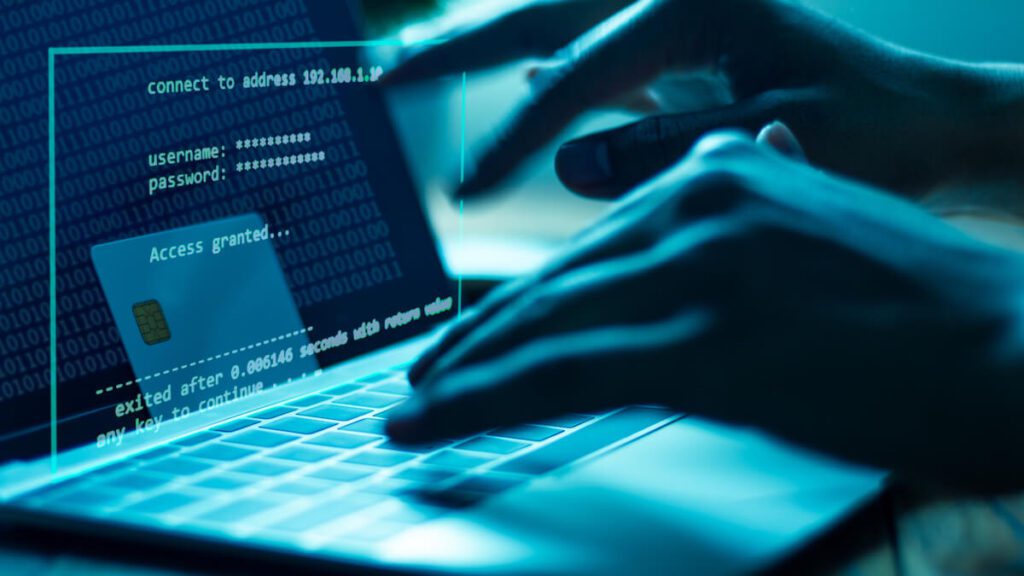
A Nigerian information technology worker has been indicted on federal wire fraud and identity theft charges, after authorities said he and his co-conspirators filed false claims for pandemic-related unemployment benefits in 17 states.
Chukwuemeka Onyegbula, using the name “Phillip Carter,” was linked to at least 253 fraudulent filings for unemployment benefits, according to an indictment unsealed Thursday in Seattle.
Onyegbula has been detained in Nigeria, but prospects for his extradition to the U.S. were unclear. Onyegbula works for Pan Ocean Oil Corporation Nigeria Limited, according to the Seattle U.S. Attorney’s Office. Court documents did not list an attorney who might comment on his behalf.
Washington, Arizona, California, Colorado, Illinois, Indiana, Kansas, Massachusetts, Michigan, Minnesota, Missouri, Montana, Ohio, Nevada, Rhode Island, Texas and Wisconsin paid out a total of nearly $290,000 on claims related to the case. Additionally, the federal Small Business Administration paid out $54,000 in COVID-19 economic disaster claims filed by Onyegbula and his co-conspirators, prosecutors said.
Washington state was severely victimized by fraudulent claims for pandemic-related benefits. It likely paid out more than $647 million in such fraudulent claims, though $370 million was recovered, according to state officials.
Onyegbula is the second Nigerian national charged with such fraud in U.S. District Court for western Washington. Abidemi Rufai, 42, a suspended Nigerian government official, has been accused of filing $350,000 in fraudulent claims in Washington and other states, with $288,000 making it into a bank account he controlled. He also sought to bilk the Internal Revenue Service of nearly $1.6 million, according to federal prosecutors.
Rufai was arrested May 14 as he tried to travel from New York to Nigeria. A federal court in New York ordered him released on bond pending trial, but federal prosecutors in western Washington have been seeking to make sure he remains in custody, saying he poses a severe flight risk, is facile with fake identities, and that he’s unlikely to ever be extradited if he makes it back to Nigeria.
A hearing is set for Friday to determine whether Rufai might be released pending trial. In a court filing Wednesday, assistant U.S. attorneys said that a recorded conversation between Rufai and his brother revealed that Rufai did not really know a woman who had offered to act as his custodian should he be released.
The recorded conversation also suggested that Rufai had significantly more money than he led the court to believe, prosecutors said.
In a response filed Thursday, one of Rufai’s attorneys, Michael C. Barrows, called the government’s reading of the conversation “an absolute fabrication.”
The family friend who offered to act as custodian attended the christening of Rufai’s son five years ago, Barrows said. Rufai often visited her when he traveled to New York, and nothing in the conversation — which occurred in English, Rufai’s second language — could be understood to mean he didn’t know her, Barrows said.
Further, the comments Rufai made about money referenced the fact that he could raise funds for his bond from friends and supporters — not that he had hidden assets, Barrows said.
SEATTLE (AP)